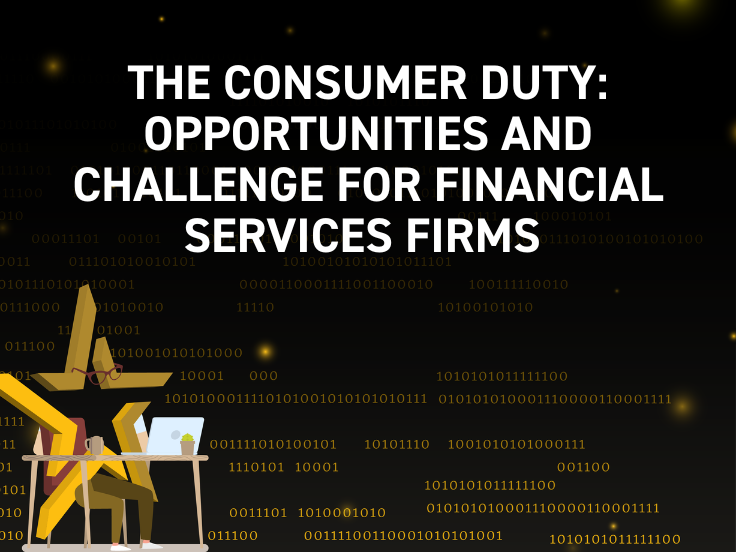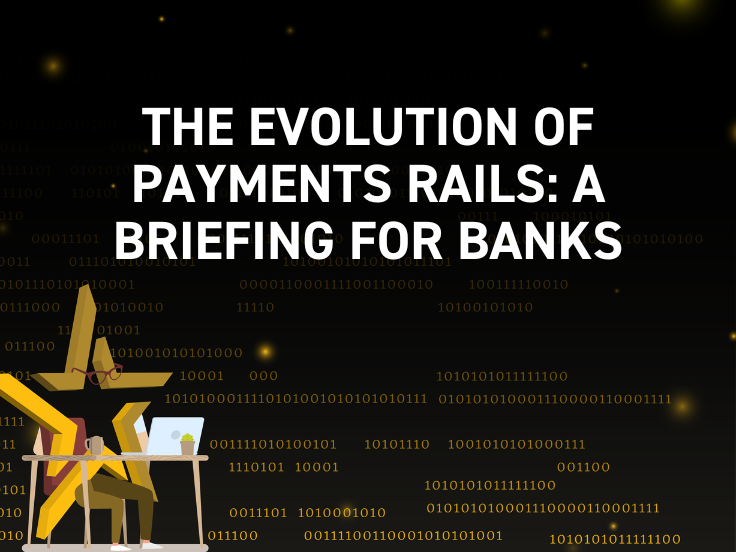
There is now a broad consensus that Open Data is the ultimate destination of global economies. Still, for this future to be realised, we need these three elements to come together. It should certainly be worth the effort: Open Data is estimated to bring GDP benefits of 1-5% p.a. It is no wonder then that countries from Brazil to Singapore have some form of Open Data initiative, often starting with the financial services sector. This is happening in Australia, for example, with its Consumer Data Rights policy.
When the Smart Data Working Group published its Spring Report in June 2021, it highlighted three elements needed to effect change:
- Consumer adoption
- Industry innovation
- Legal and regulatory control
To drive these elements forward it would need:
- Consumers to understand and value the benefits that they get from Open Living (supported by Open or Smart Data)
- Industry providers to see competitive advantage in adopting solutions
- The undercurrent of legal and regulatory change flowing towards Open Data
In the UK, stress is being placed on governance and the need for legal and regulatory compulsion to force large industry players to increase their participation levels to bring Open Finance to fruition.
‘Open data standards in financial services are not a value drain on incumbents but a win for all stakeholders to innovate and grow’.
Regulatory Agenda
The Smart Data Working Group has repeated that legislative proposals will be advanced, subject to parliamentary time. The Data Reform Bill is now at the first reading stage in the House of Lords but this is well short of the portability and leverage of personal data that an Open Living world offers.
However, the Consumer Duty regulations, just published by the FCA, could become a new vehicle for change and the biggest push yet toward Open Finance – going beyond Open Banking to the full suite of financial services aimed at retail consumers. The FCA is keen to liberate the market and optimise consumer outcomes but it has yet to join the dots between its Open Finance consultation and the Consumer Duty work.
Industry understanding and adoption of Open Finance has been patchy. However, some of the banks and insurance companies would be astonished by the Open Finance capabilities of employee benefit consultants such as Mercer, which has developed data insights covering the holistic view of employee income, expenditure, assets and liabilities, going far beyond the scope and capability of banking apps.
The ability to combine PSD2 connections with intermediated data, such as contract enquiry data via a single API together with direct APIs from class-leading providers (and screen scraping the laggards), has not yet been fully appreciated by most wealth managers, banks or building societies – or their systems providers. But Consumer Duty could be the spur – it is all about gaining customer insights to deliver better outcomes. That includes the customer’s context – affordability, vulnerability, suitability and eligibility – on an ongoing basis.
We are seeing firms that recognise the value of Open Finance but many lack a data strategy of their own or fail to see why consumers would share their data – or both.
Consumer Value Exchange
As the Smart Data Working Group recognised, consumer demand is an essential element. We have seen in multiple research reports that consumers value the benefits of Open Finance because of:
- The ability to see all of their finances in one place – not just bank accounts and credit cards but mortgages, loans, investments and pensions too
- The ability to top up their savings and investments accounts easily and immediately with in-app payment sweeps
- An objective indication of how well their savings and investments are doing – some comfort that they had not made bad decisions or that they would find out too late otherwise
Simple but powerful use cases were attractive to over 90% of the participants in a recent TISA research project looking at the appeal of Open Finance apps.
When the value exchange and benefits are shown to consumers, their propensity to use Open Finance soon becomes apparent. This is especially true in the 35-44 age group and over 50s that value the ability to see their finances in one place and to control them better. As a McKinsey study recently discovered:
“Asking customers general questions about data sharing doesn’t reveal a true account of their willingness to use open banking. [In a survey] conducted with 3,000 UK consumers and SMEs, we found customer sentiment to be highly positive… willingness to share data doubled when they found a particular feature or service appealing”
When Open Banking was introduced in the UK, there was no public awareness campaign highlighting the benefits. That hasn’t stopped a rise in the use of Open Banking (over 3 million at last count), nor in the numbers using Open Finance apps. As the propositions broaden, so does the appeal, and attention is turning to how far Open Finance is supporting financial wellbeing, financial inclusion and lower-cost services. The latent potential is enormous and can be tapped by more propositions being offered and underpinned by legislation to complete the trio of forces that need to come together.
Consumers will typically share their data if the value exchange is compelling, but this could be different according to the situation:
Convenience has value – We have seen in loan and mortgage applications that clients will provide one-time data digitally rather than submit copies of paper forms to be scanned or submitted by post. The customer’s job is clear – to get a loan approved as quickly and easily as possible
Cost saving has value – Not only getting money off current expenditure but also stopping unnecessary spending. This could be by offering shopping rewards, highlighting potentially unwanted subscriptions or nudging towards shopping around on a regular basis. The value of the data should incentivise providers to offer tangible rewards – with the proviso that the consumer should never lose out as a result.

Oversight has value – The nudges that can improve customer outcomes include bringing everything together and highlighting performance on investments; spotting gaps in protection cover; ISA headroom, or noting when tax or loan to value levels have been crossed. This can also include spotting changing circumstances, potential scams and unusual cash transactions – nudging the user, trusted adviser or family member.
Action has value – The ability to execute an action, overcoming natural inertia and time-poor users’ forgetfulness, means that good intentions become good outcomes. This could be by sweeping money to savings, paying off debt, heading off charges or triggering a workflow to top up or transfer.
It is worth noting that one in three Americans use a personal financial management tool or app, but only a quarter of those use one from their primary bank. Whilst financial institutions still struggle with a single customer view, their customers can get it from a third party and one that covers all of their assets, liabilities, income and expenditure. That share of wallet view is enjoyed between Open Finance adopters and their clients whilst locking out less agile and adept service providers.
Consumer Duty now comes on top of that commercial threat. There is no hiding from the inevitable trend towards Smart Data and Open Finance. The business, consumer and societal benefits are irresistible. As the three elements combine – supply side adoption through enlightened self-interest, consumer demand driven by the realisation of value from personal data and legislative change to bring the first two elements together – the market and the regulator is telling firms how to react. To avoid being closed out of customer relationships that had been taken for granted by competitors with more appeal and better data insights, firms need to act. As implementation plans are required for Consumer Duty by the end of October, those that include Open Finance will have a distinct advantage.
Author: Vaughan Jenkins, Business Development Director at Moneyhub
Vaughan has worked as a senior manager in the financial services sector and as a CEO and Partner in management consultancy firms. He has written and lectured on fintech and financial wellbeing and was an Advisory Board member for the UK Financial Capability strategy.
Helen Child, Founder & CEO, Open Banking Excellence
Our July Campfire covers The New Consumer Duty during which Vaughan Jenkins together with industry experts discuss this hot topic. If you missed it or wish to re-watch it, here is the clip:



 11:54 05 Aug 2022
11:54 05 Aug 2022  " alt="">
" alt="">

 " alt="">
" alt="">
 " alt="">
" alt="">
 " alt="">
" alt="">
 " alt="">
" alt="">
 " alt="">
" alt="">
 " alt="">
" alt="">
 " alt="">
" alt="">
 " alt="">
" alt="">
 " alt="">
" alt="">